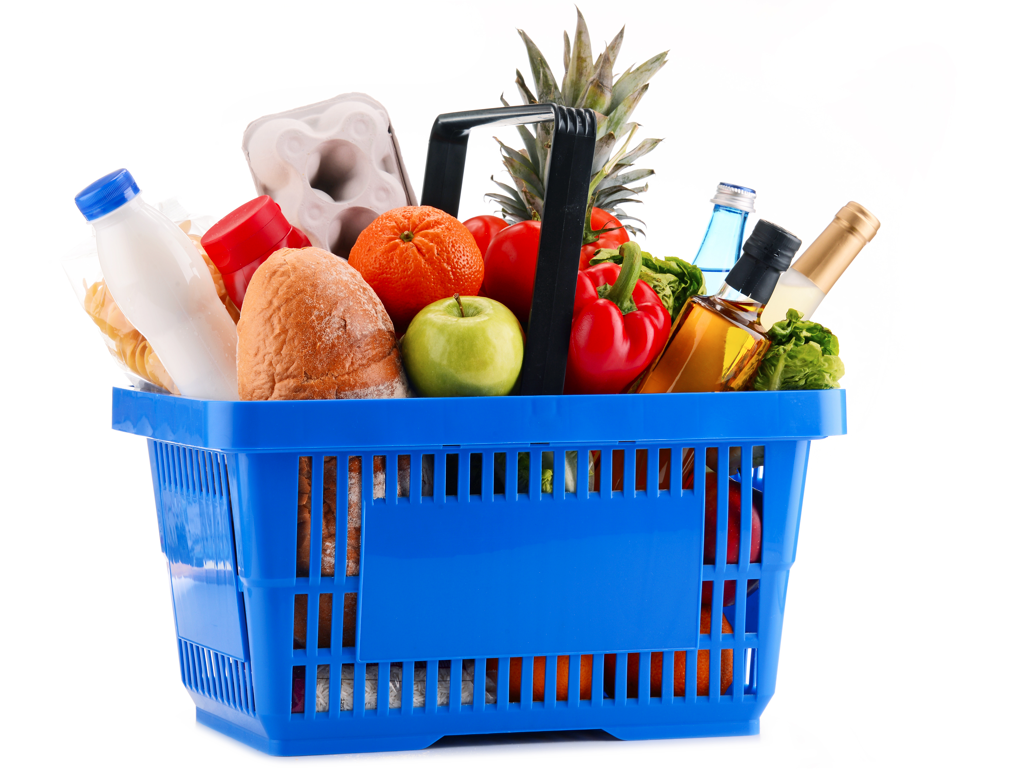The increases in transport prices related mainly to the cost of exporting goods, but the cost of transporting within Ireland has also increased. Companies also reported that their insurance costs have been rising, but to a lesser extent than the other categories.
Three quarters of companies surveyed by Love Irish Food attributed the cost increases to supply chain issues arising from the pandemic. Other key contributing factors included Brexit, and increased worldwide demand.
Although inflation is running at more than 5% in Ireland, according to the latest CSO figures, food prices have been rising at a more muted rate of 0.6% year on year.
Cost pressures
Kieran Rumpley, Executive Director of Love Irish Food, said those cost pressures are likely to be passed onto consumers eventually.
“We will see movement in relation to food price increases over the coming months. That is most certainly the case,” he said.
Mr Rumley said food companies should aim to improve efficiency, reduce costs and cut their support budgets before moving to increase their prices to retailers.
“Retailers too are faced with increased costs from the pandemic,” he said.
Food companies are also concerned about the impact of labour shortages across the wider economy.
Four in five SMEs surveyed by Love Irish Food said they anticipated challenges in recruiting qualified and trained staff next year. A similar proportion expect that retaining current staff will be a challenge.
Many companies report having to prioritise core ranges of goods to offset labour problems.
“The twin challenges of rising input costs and significant labour shortages have the potential to cause serious disruption on the food and drink industry in 2022,” Kieran Rumley said.
He indicated that the Pandemic Unemployment Payment was acting as a barrier to recruitment.
“If we could see a return of people from the PUP into the labour force, that would greatly alleviate the situation,” he said.








